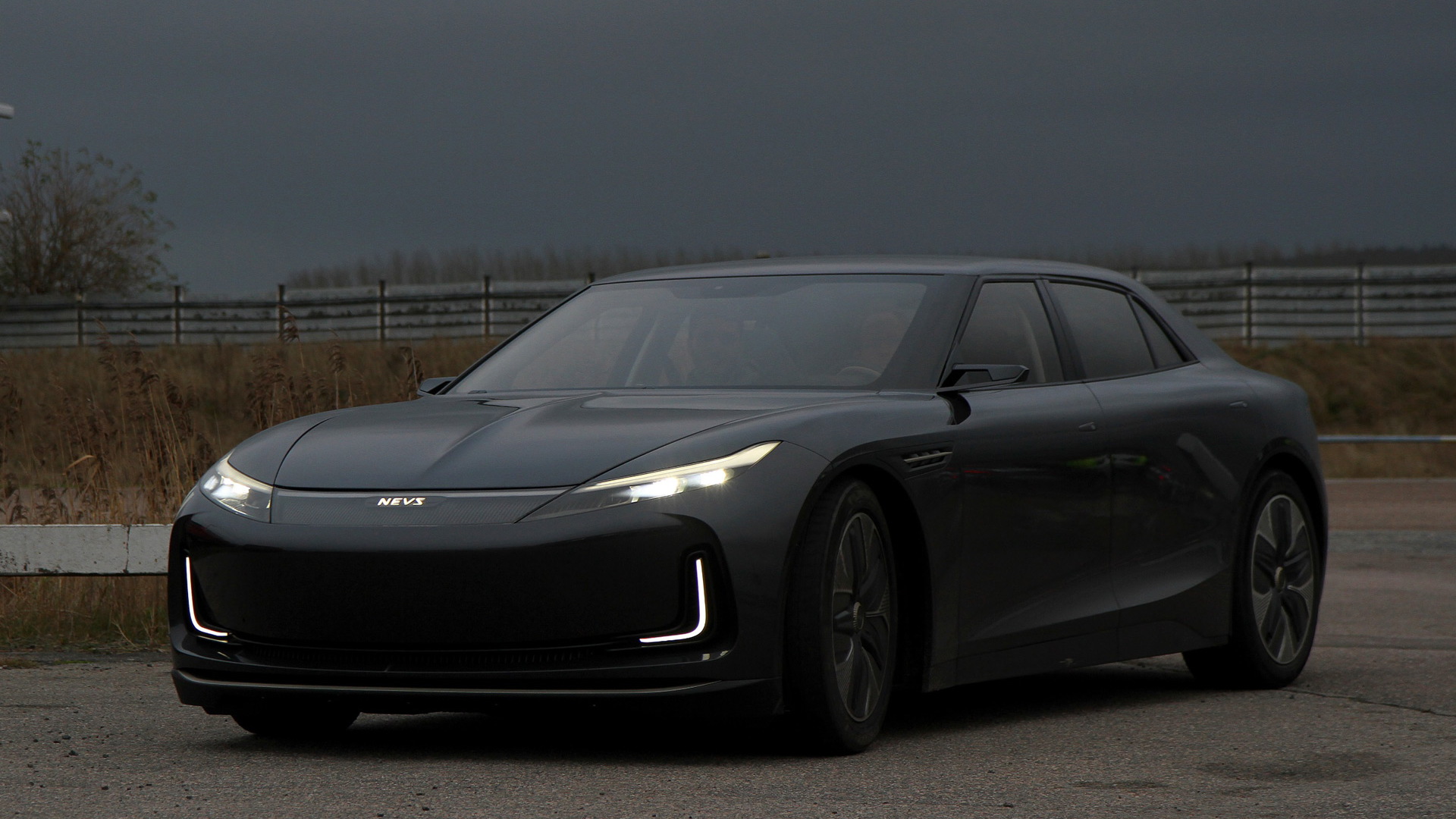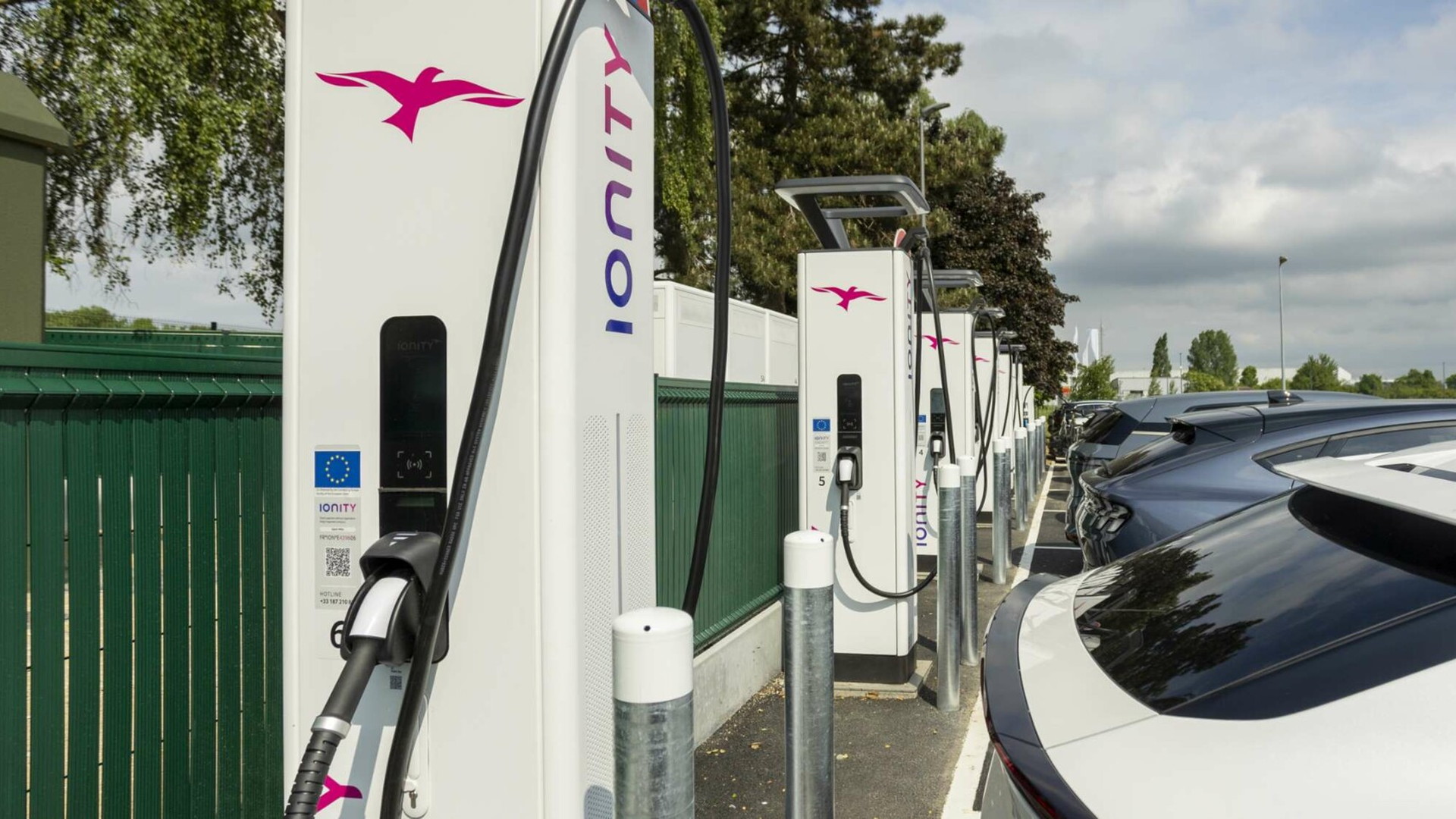The long, strange, sad saga of the now-defunct Volkswagen Phaeton will likely go down as an asterisk in VW's long history.
The pet project of now-departed VW Group chairman Ferdinand Piech, a member of the Porsche family that controls the carmaker, it was a $70,000-and-up luxury sedan from the German makers of the People's Car.
It shared underpinnings with not only the Audi A8 but the Bentley Continental GT—and VW even built a new factory just to produce the Phaeton.
DON'T MISS: VW says it needs '40 gigafactories' for electric-car batteries by 2025
That factory is now building battery-electric Volkswagen e-Golf hatchbacks instead, after retooling once Phaeton production ended in 2016, after just 84,000 sales over 14 years.
Now, reports indicate that a rumored successor to VW's largest-ever sedan may be in the offing, part of the expanding ID sub-brand of all-electric cars.
The Australian outlet Motoring reports that Volkswagen will release a concept car for a new luxury sedan at the Geneva auto show next March.

Volkswagen ID electric car concept, 2016 Paris auto show

Volkswagen ID Buzz Concept
![Volkswagen ID Crozz concept, 2017 Shanghai auto show [photo: Ronan Glon] Volkswagen ID Crozz concept, 2017 Shanghai auto show [photo: Ronan Glon]](https://images.hgmsites.net/lrg/volkswagen-id-crozz-concept-2017-shanghai-auto-show-photo-ronan-glon_100605275_l.jpg)
Volkswagen ID Crozz concept, 2017 Shanghai auto show [photo: Ronan Glon]

Volkswagen ID Crozz II concept, 2017 Frankfurt auto show
Said to be more than 16 feet long, the unnamed VW luxury sedan will be the largest vehicle built on the company's dedicated MEB architecture for battery-electric vehicles.
The MEB underpinnings will be used first for several all-electric vehicles already shown as concepts, including the Volkswagen ID compact hatchback, the ID Crozz SUV, and the ID Buzz Microbus that will arrive in 2022.
Its length may allow a lengthier battery pack to fit under the floorpan, perhaps the same 110-kilowatt-hour pack specified for the IB Buzz concept.
READ THIS: Volkswagen ID Buzz: first drive of unique electric VW bus concept
In a sleeker sedan with less frontal area, that capacity could provide up to 600 kilometers (370 miles) of range, according to Motoring, although that might translate to 300 miles using U.S. EPA tests.
“We definitely do not give up the area [of large luxury sedans], and you could imagine an all-electric flagship," said VW director of development Frank Welsche.
"Better, we are going to have [one], we should discuss that in Geneva next year," Motoring quotes him as saying.

2011 Volkswagen Phaeton
Around the time its diesel emission scandal became public in September 2015, VW canceled the planned Phaeton successor and began playing up its plans for future electric cars.
By that October, it said it would build a Phaeton successor as an all-electric car to cap the top of its range. That offered a possibility of breaking even on a pricey luxury model that might arguably compete with the Tesla Model S.
Then the electric Phaeton replacement was delayed—and then VW stopped talking about it altogether.
Since then, the focus has been on creation of the MEB platform for much higher volumes of electric cars, as many as 30 distinct models globally by 2025.
CHECK OUT: Electric VW Phaeton Delayed To 2020, May Use Audi e-Tron Quattro Powertrain (Nov 2015)
Any concept for an all-electric range-topping large sedan from VW would likely follow the cars already announced, meaning 2022 or later, though if it shares a battery with the ID Buzz, that year might be logical timing.
The Phaeton was a particular sales disaster for VW in North America, where buyers didn't expect—and didn't buy—a W12-engined luxury sedan from the maker of $18,000 Jetta compact sedans.
Introduced in 2002, it was withdrawn from the U.S. lineup in 2006 after huge discounts were required to sell even the small number initially sent to North America.
It soldiered on in Europe for another 10 years, however, with various updates to the vehicle that still sat on late-1990s underpinnings at the end of its life.
_______________________________________













